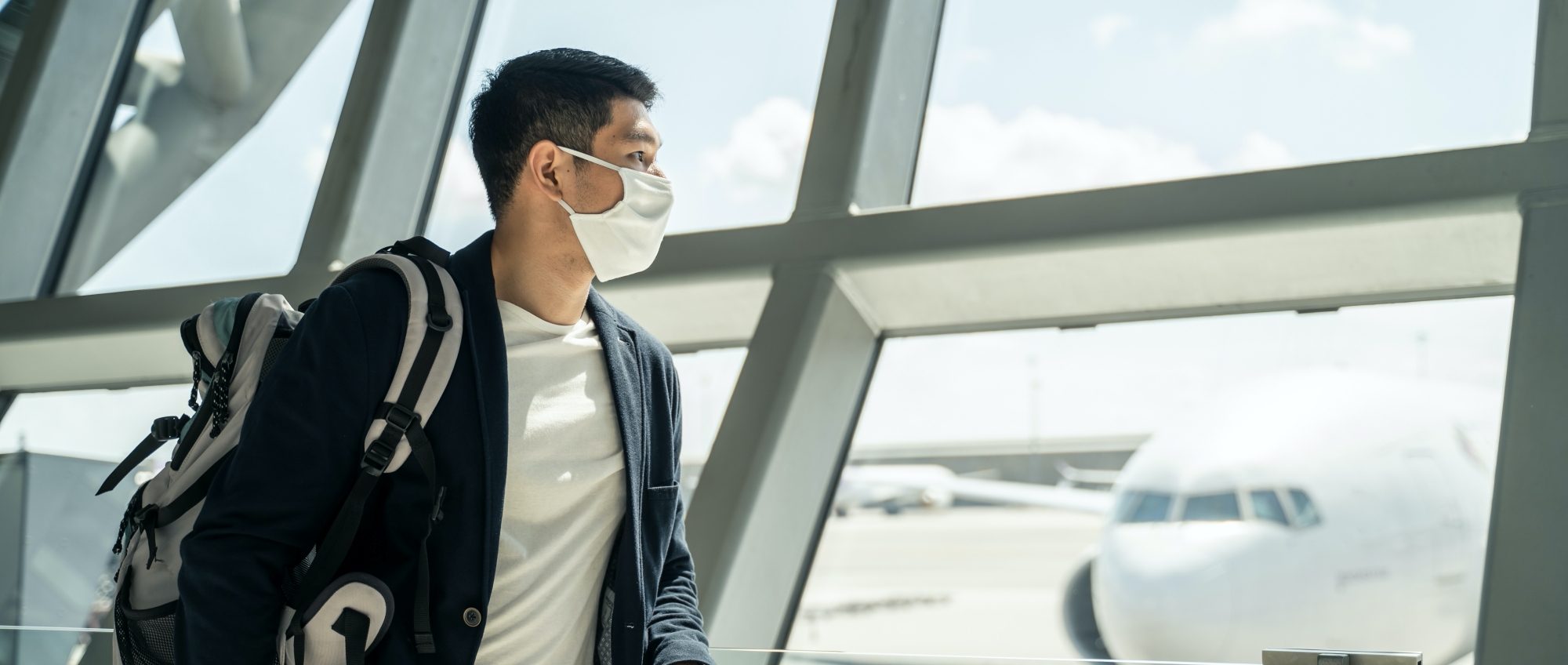As we move through the third quarter of 2020, the team at PRCO Asia is taking stock of how businesses in Asia continue to navigate the new normal.
With legal social distancing and travel restrictions expected to remain in force for the rest of the year, industries from all sectors are looking to implement new standards to reassure their consumers and stay ahead of the competition in fast changing and increasingly uncertain legal and regulatory landscapes.
Our latest news round-up examines the positive outlooks across the Chinese and Hong Kong markets, highlighting the key trends in e- commerce, domestic travel, international real estate investment.
TRAVEL
Domestic tourism is bought under control in China
Safety measures such as hygiene and social distancing are expected to be standard practices to maintain clean environments in the tourism industry until a vaccine is available.
The country recorded over 48.8 million tourist visits over the three-day Dragon Boat Festival holiday and bookings for attractions in China increased by 176 percent at the beginning of May this year. Outbound numbers seem unlikely to rebound until next year, industry insiders say.
Five-star hotels compete with the best staycation deals
Luxury hotels in Hong Kong such as Four Seasons, Rosewood and Landmark Oriental are coming up with increasingly creative staycations packages . Whether residents are hoping to spend more time as a family, treating themselves to a spa day, celebrating moments with a special someone, or simply hanging out with friends, all of it is now offered in the local market.
Many hotels, attractions and tour operators in Hong Kong, Macau and Singapore have come up with special offers to stimulate domestic interest.
The three cities are now finding themselves relying on domestic audience for survival as extensive pandemic-induced travel restrictions remain. Government initiatives are also put in place to support domestic tourism spending. For example, Hong Kong Tourism Board announced in May its HK$40 million (US$5.2 million) Hello Hong Kong campaign to encourage locals to travel around their hometown and explore the city from new perspectives while across the border, the Macao Government Tourism Office is spearheading the Macao Ready Go! Local Tours project.
When is it safe to travel again? WSJ journalists answer common questions on international travel.
Many countries remain closed to nonessential travelers and non-residents with some countries requiring all visitors and residents to self-isolate for 14 days upon entry. Some nations are gradually lifting their bans but only permitting in tourists from countries where the number of coronavirus cases are relatively low, or steadily declining.
Health authorities, including the CDC, maintain that the risk of infection on airplanes is low. Contrary to popular belief, cabin air is less of a concern; virtually all international jetliners are equipped with High Efficiency Particulate Air (HEPA) filters. Click here for the Q&A for anyone confused about traveling right now.
REAL ESTATE
There has been a dramatic increase of enquiries from Chinese buyers on overseas properties this year. Contact us today to discuss your communications strategy in the prospective markets in Asia.
London remains a magnet for the super-rich
Despite post-Brexit and Covid-19, the prime Central London property market is currently experiencing its best start to a year since 2017. It is believed that UK’s long-term stability and the medium-to long-term growth prospects of prime Central London have encouraged investors and ultra-high net worth individuals (UHNWIs) to continue to invest in UK property. Continue reading
Middle East expected to see more investment from China and east Asia, Savills says
Investment trends from China and far east Asian countries is expected to further increase in the GCC region as purchasers recognise the strong value of the market and its fundamentals. China, the world’s second-largest economy, spent $71.1 billion (Dh261bn) between 2014 and 2017 in the Middle East as part of its ‘Belt and Road’ Initiative. It has also pledged to invest $10.7bn by 2022 in Oman’s Duqm Special Economic Zone. Continue reading
DIGITAL
Local brands are competing against international brands to reinvent digital marketing.
New Chinese brands have the advantage of being low-cost, of understanding their regional customers and have the ability to quickly react to social media trends. A key trend is co-collaborating with popular KOLs on Bilibili, Douyin, and Xiaohongshu to generate traffic to sales platform like Tmall. Instead of the live-streaming campaigns which were simply sales pitches, brand’s digital campaigns now look into inviting charismatic hosts that portrays a brand image to share creative and educational content and even takeover on the brands’ live-streaming channels. Continue reading
China’s live-streaming craze
It has become apparent that the country’s traditional online shopping business is no longer just for e-commerce players, but also for streaming idols.
China’s retail economy has become highly influencer-driven, with almost all online consumers buying products based on recommendations by their idols. That trend has enabled live streaming and video platforms such as Kuaishou and Douyin, who have cultivated a roster of hugely popular influencers, enabling them to participate in the lucrative e-commerce market through partnerships with the online sales platforms.
Transactions generated through Taobao Live reached 5.1 billion yuan on the first day of the 618 shopping event on June 1, with more than 1,000 brands, merchants and livestreamers generating at least 10 million yuan each.
How global museums engage Chinese audiences
The vast majority of Chinese museums are already well-established on WeChat, but there remains huge potential for western institutions to utilize the platform to engage Chinese audiences in the midst of the pandemic. One notable example from June was the British Museum’s two-hour live stream held in partnership with Chinese tech giant Alibaba.
Another example is how The Art Institute of Chicago (AIC) connects to a trend from Chinese pop culture by releasing a post exploring six cocktails through its paintings with a simple recipe for each. The title of the post cleverly played off a lyric from Jay Chou’s latest song ‘’Mojito’’.

